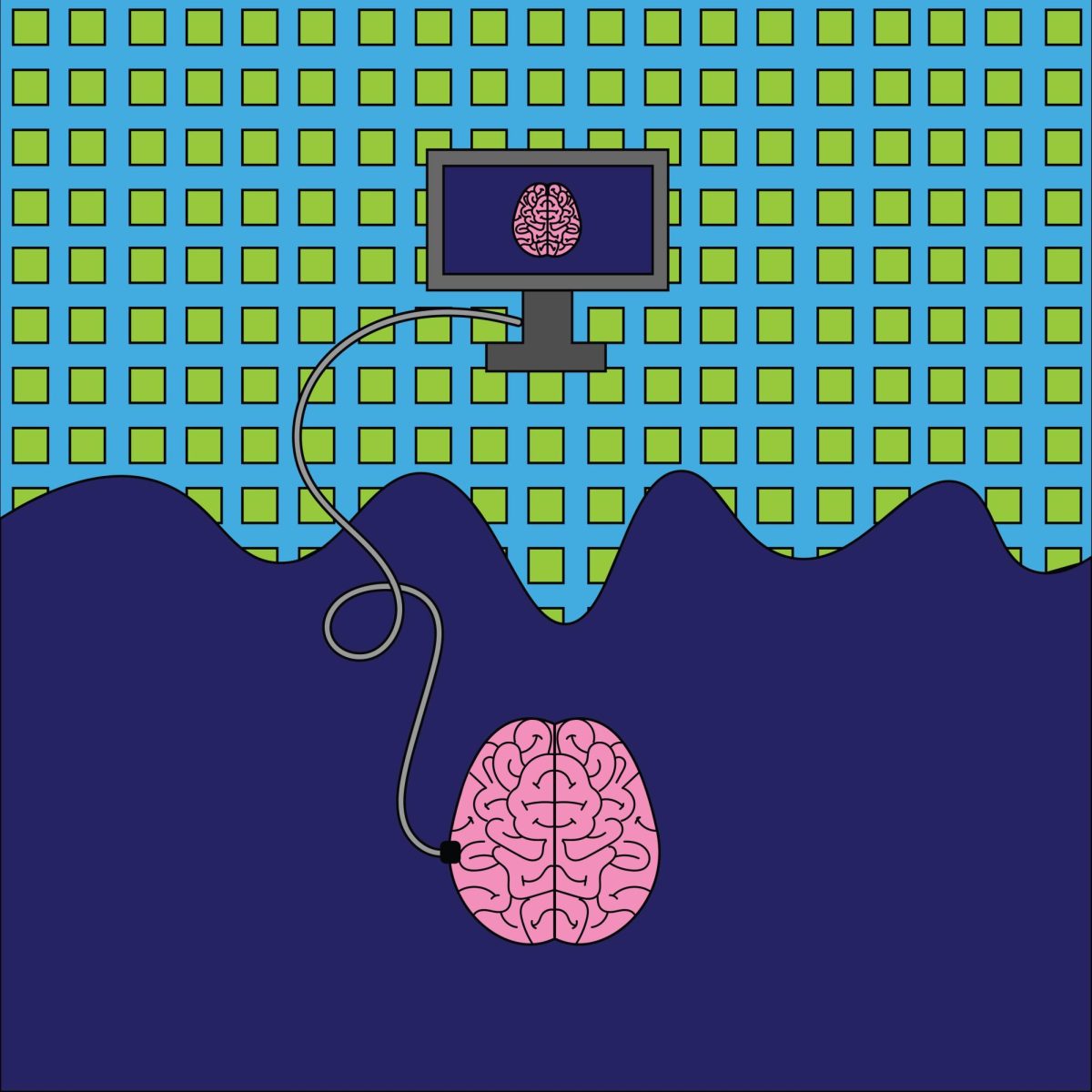Subtlety can be a curse.
There’s something to be said for not tipping your hand, for playing it close to the vest, for not counting your money when you’re at the table. After all, you can’t have a reveal without first having deception and illusion. But when a filmmaker’s need for subtlety conflicts with his film’s clarity, it’s a frustrating situation.
But to continue the gambling analogies, watching a movie with this particular affliction is like sitting down at a casino, being dealt some cards and being asked to bet without first knowing the game. And watching “Sherlock Holmes” is like that exact same scenario, except the cards are prone to monologue with grating English accents.
“Sherlock Holmes,” a film adaptation of the well-loved character created by Sir Arthur Conan Doyle, is set in the dark, dirty streets of England past. Holmes (Robert Downey Jr., “The Soloist”), has thoroughly frustrated his consummate sidekick, Dr. John Watson (Jude Law, “Repo Men”). But before Watson can move out of their shared residence, circumstance — and a healthy dose of Holmes’s coercion — pulls him back in for one last adventure. The trouble begins when the mysterious Lord Blackwood (Mark Strong, “The Young Victoria”) rises from his grave after being hanged, determined to make good on his promise to rule a world paralyzed by fear of his magical prowess.
Unfortunately, director Guy Ritchie (“RocknRolla”) reaches for subtlety and comes up with obfuscation. Despite being a mystery movie, “Sherlock Holmes” is utterly uncaptivating, even bordering at times on inane. Time and time again the viewer is systematically deprived of the fun inherent in good mystery writing: the opportunity to crack the case alongside the protagonist. Perhaps that’s unfair; if the viewer is an expert in both 1800s London geography and the minutiae of a religious practice invented by the scriptwriters, then they have a realistic shot of keeping up with Holmes. Ritchie, who has made his niche in movies centered on Rube Goldbergian reveals and conclusions seems to have momentarily forgotten that the most satisfying and entertaining solution is one that was in plain sight the whole time.
Speaking of sight, Ritchie would have benefited from transferring some of that lighter touch to his film’s camera work. Stylistically, “Sherlock Holmes” is sensible and coherent, but just a touch too obvious. When Holmes is in the middle of a deduction, a lingering shot sweeps the room, the moving camera lingering and fidgeting as he contemplates his environment. Fight scenes are captured in quick cuts with a still camera, capturing the accomplished fighter’s reliance on instinct and calculation rather than lengthy contemplation. And conflict between the detective and his doting doctor are hammered home by cutting to a frame containing only the one currently talking, adding further chaos to the heated repartee.
So that’s the problem (well, one of the problems) with “Sherlock Holmes”– the tone set by the camera doesn’t match the tone of the script. “Bad Lieutenant: Port of Call New Orleans” has a similar problem, but in reverse. A perfectly, painstakingly straightforward story is filmed through a lens that is anything but.
There’s a shot near the middle of “Bad Lieutenant” that lingers on an engraving in the Louisiana courthouse that reads: “This is a government of law not of men.” The moment is brief, but it drips with irony. Terence McDonagh (Nicolas Cage, “Astro Boy”) is a detective with the New Orleans police detective. Addicted to an array of drugs after an injury sustained rescuing a drowning prisoner during Hurricane Katrina, he makes it his personal mission to disprove that lofty ideal. After finding a family dead, shot execution- style in their home, McDonagh dives deep into the drug trafficking world, operating with a complete lack of moral or legal scruples. He knows who committed the crimes; the only question remaining is whether he’ll beat the criminals or join them.
If Ritchie tends to telegraph his camera work, Werner Herzog (“Encounters at the End of the World”) delivers his via invisible carrier pigeon. Which is to say it’s inscrutable, complicated and reliant on animals. Wobbly close-ups of character’s faces appear not only when they’re under the influence of drugs, but also at seemingly random intervals. Tiny details that may or may not apply to the movie’s theme, like an engraving on the courthouse are considered, then dropped from view. And weirdest of all, several times Herzog elects to shoot his movie from the eyes of an iguana or alligator that has wandered into the frame, giving the viewer an unsteady, worm’s-eye view of the proceedings.
But plot-wise, “Bad Lieutenant,” is as straightforward as can be. In fact, it’s so unforgiving in this regard that its startling conclusion works as an acid test for people’s views about life and society. The plot (depending on your world view) either strictly adheres to a “life isn’t fair” mentality, or follows the exact opposite, a “people get what’s coming to them,” frame of mind. Regardless, everything is exactly how it seems throughout the entire movie. There is no mystery; only exposition, rising action, climax and conclusion.
Perhaps Herzog meant for his camera to capture the chaotic nature of multiple-drug addictions or the confusion of Katrina’s aftermath; it’s unclear. Mercifully, his forays into quirkiness are short-lived and altogether unessential for a surface or emotional understanding of his film. So, though Guy Ritchie’s “Sherlock Holmes” may look the better of the two for its fast cuts and action sequences, I would recommend it over “Bad Lieutenant” only if you plan on watching both without sound.
Lin Weeks is a sophomore majoring in finance and marketing. Upset with his omission of the DVD you were most excited about renting this week? Vent at [email protected].













